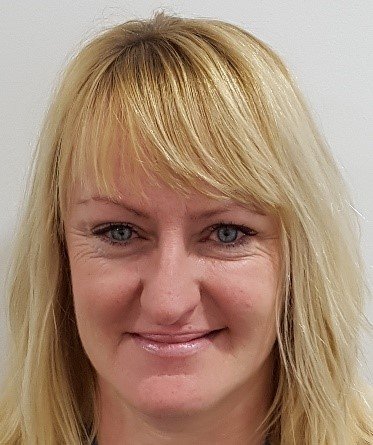End of life care and learning disabilities
By Lynnette Glass
BSW LeDeR Local Area Coordinator & Registered Adult Nurse.
NHS Bath and North East Somerset, Swindon and Wiltshire (BSW) Integrated Care Board (ICB)
Stopping premature and avoidable deaths
I am passionate about inequalities and in my LeDeR role, I am responsible for ensuring that people with a learning disability and autistic people (LeDeR) get equal access to end of life care.
People with a learning disability die on average 22 years earlier than the rest of the population, and sometimes due to avoidable causes (LeDeR 2021 report). This statistic reveals a shocking health and care inequality and action is needed and underway in the form of the national and local LeDeR programme.
Avoidable deaths in BSW
The top causes of death in Bath and North East Somerset, Swindon and Wiltshire (BSW) from the last LeDeR 2021-22 annual report date were:
Aspiration pneumonia - food or liquid is breathed into the airways or lungs, instead of being swallowed. Action: BSW specialist workshops have been held and BSW are now part of a South West working group to upskill all staff in dysphagia management.
Dementia-early onset - in some cases a syndrome (a group of related symptoms) associated with an ongoing decline of brain functioning. There are many different causes and types of dementia.
Heart failure - the heart is unable to pump blood around the body properly. It usually happens because the heart has become too weak or stiff.
Respiratory failure - is a serious condition when the lungs can't get enough oxygen into the blood and breathing becomes laboured.
Tackling inequality at the end of life
Research shows shown that on average, people with a learning disability and autistic people die earlier than the general public, and do not receive the same quality of care as people without a learning disability or who are not autistic.
The Banes, Swindon & Wiltshire (BSW) LeDeR Programme: ‘Learning from lives and deaths - people with a learning disability and autistic people,’ is a service improvement programme with a mission to review all notified deaths to:
Improve care for people with a learning disability and autistic people
Reduce health inequalities for people with a learning disability and autistic people
Prevent people with a learning disability and autistic people from dying prematurely from avoidable causes
At a national level, the LeDeR programme shines a spotlight on the quality of care and support gaps for people with a learning disability and autistic people, who die earlier than the rest of the population.
Advanced care planning
Talking about death is a subject often avoided. BSW LeDeR reviews shows that end of life planning for people with a learning disability is delayed or absent, and that people are not always involved in sharing their wishes and making their choices for their end-of-life planning.
BSW LeDeR want to change this and make improvements for people, their families and carers, and we are working with the BSW End of Life Alliance to improve access and support.
If you need support in ensuring your end of life preferences are acknowledged, then contact your registered GP or specialist clinician.
Resources
Other health conditions | Easy Health


